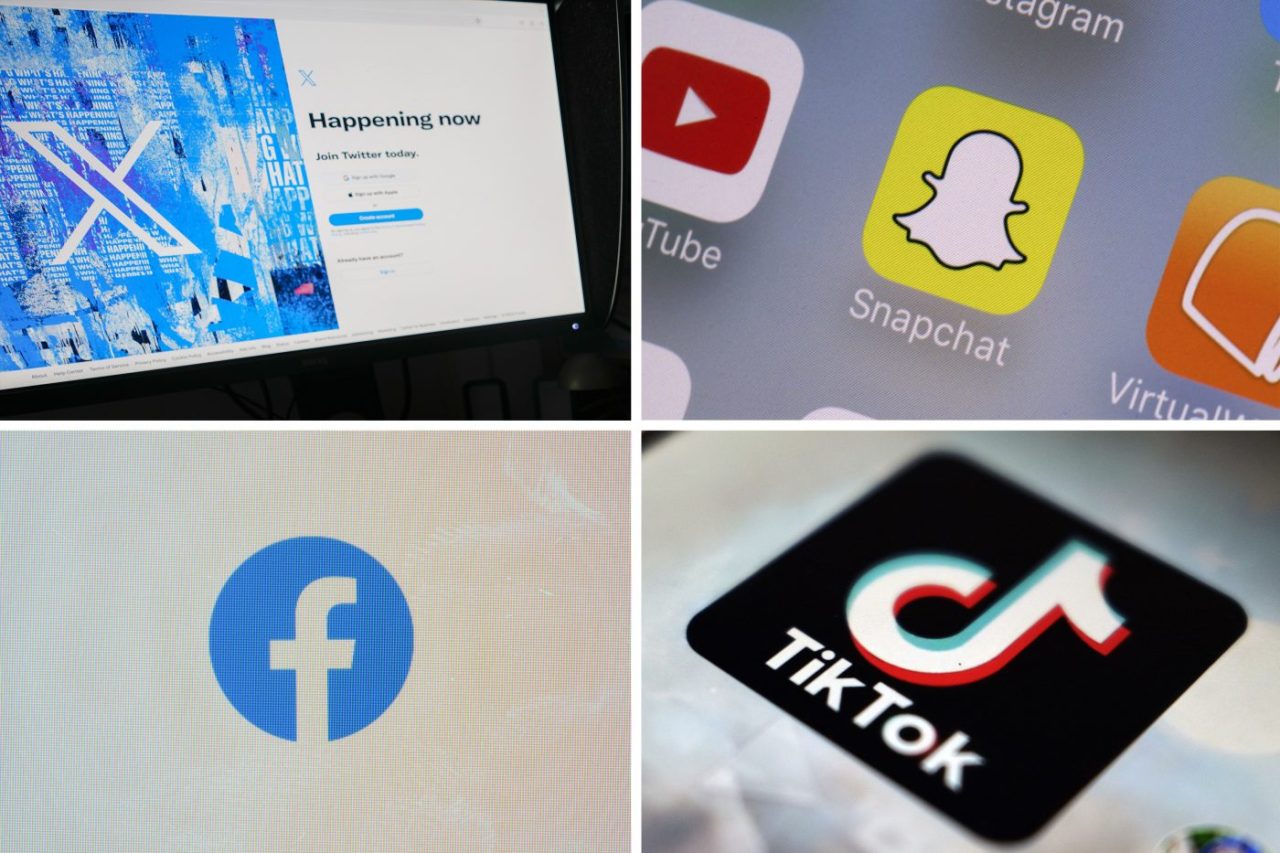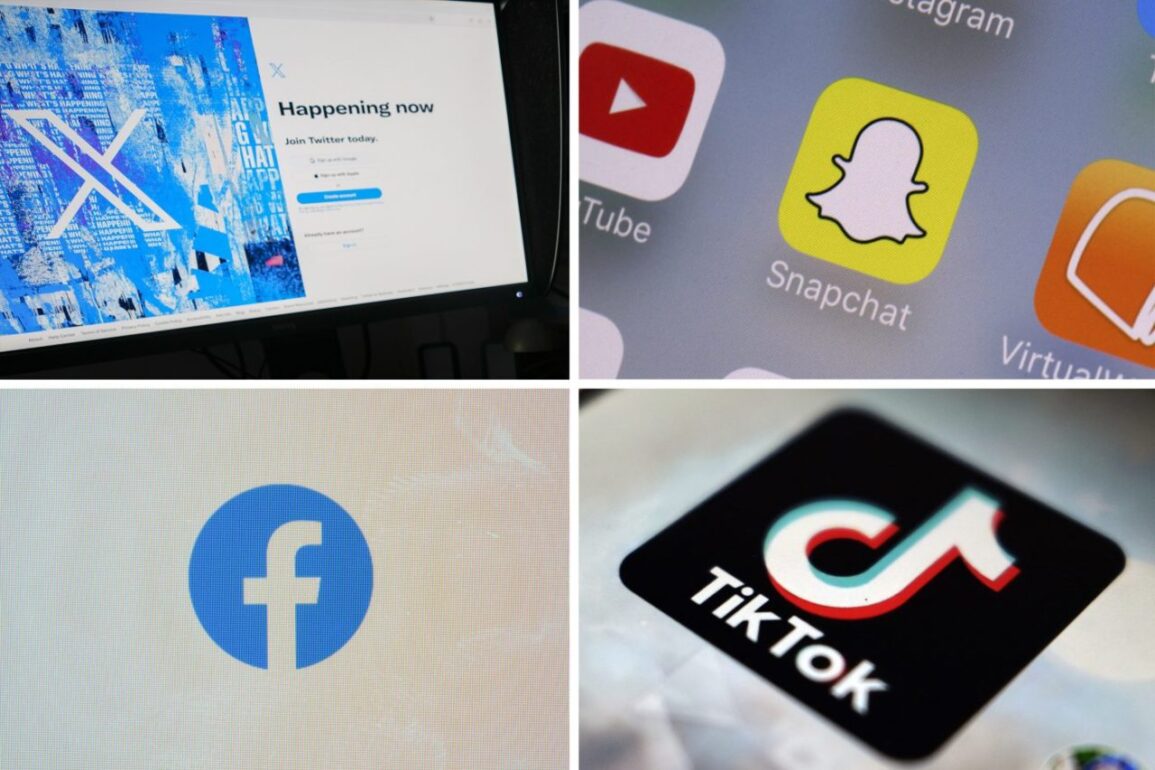
(NewsNation) —Five social media companies facing a massive nationwide lawsuit by teens and their families who say the online platforms harmed them and contributed to a youth mental health crisis asked a federal judge to grant them immunity from the suit this week.
The parent companies of Facebook, Instagram, Snapchat, TikTok and YouTube argued that they should be immune from the suit under Section 230 of the Communications Decency Act, which shields online platforms from liability stemming from user posts. They asked the judge to throw out several portions of the suit.
A Los Angeles County Superior Court judge ruled that she would likely throw out certain pieces of the lawsuit, but she ordered both sides to come back with different arguments, reported Courthouse News.
More than 500 plaintiffs joined to file an unprecedented lawsuit against the companies last year, claiming the platforms contributed to “an unprecedented mental health crisis” with “addictive and dangerous social media products” for young people.
Relatives of teens and children said their kids allegedly suffered negative physical, mental and emotional health effects from social media use, including anxiety, depression and occasionally suicide.
The complaint cites numerous examples of harm that led to many injuries and deaths.
TikTok’s viral challenges created “campaigns that compel users to create and post in TikTok certain types of videos, such as performing a dance routine or a dangerous prank,” the complaint stated.
“Numerous child users have injured or even killed themselves or others participating in viral pranks to obtain rewards and increase the number of ‘likes,’ views, and followers,” the complaint alleges.
One example was the TikTok blackout challenge, which encourages users to hold their breath until they pass out due to a lack of oxygen. The lawsuit states that the challenge directly led to the death of at least 12 children in the United States alone, including two 12-year-old boys and a 10-year-old girl in Pennsylvania.
The lawsuit also alleged certain platform features, like imperfection-blurring filters and photos that have been edited without a disclaimer that they were altered, are product defects for which the companies should be held accountable, according to Mashable. Those features created unrealistic standards for appearance causing harm to young people, the outlet reported.
The social media companies pushed back, arguing that the viral “challenges” are protected speech under the First Amendment, reiterating that they should be shielded under section 230.
“Defendants can leave all the content up,” plaintiffs’ attorney Josh Autry argued, per Courthouse News. “We’re asking defendants to not create a scenario where children are addicted to their devices and parents are shut out.”
The litigation seeks, among other remedies, damages and a halt to the five companies’ alleged wrongful practices, reported Reuters.
This post was originally published on this site be sure to check out more of their content








